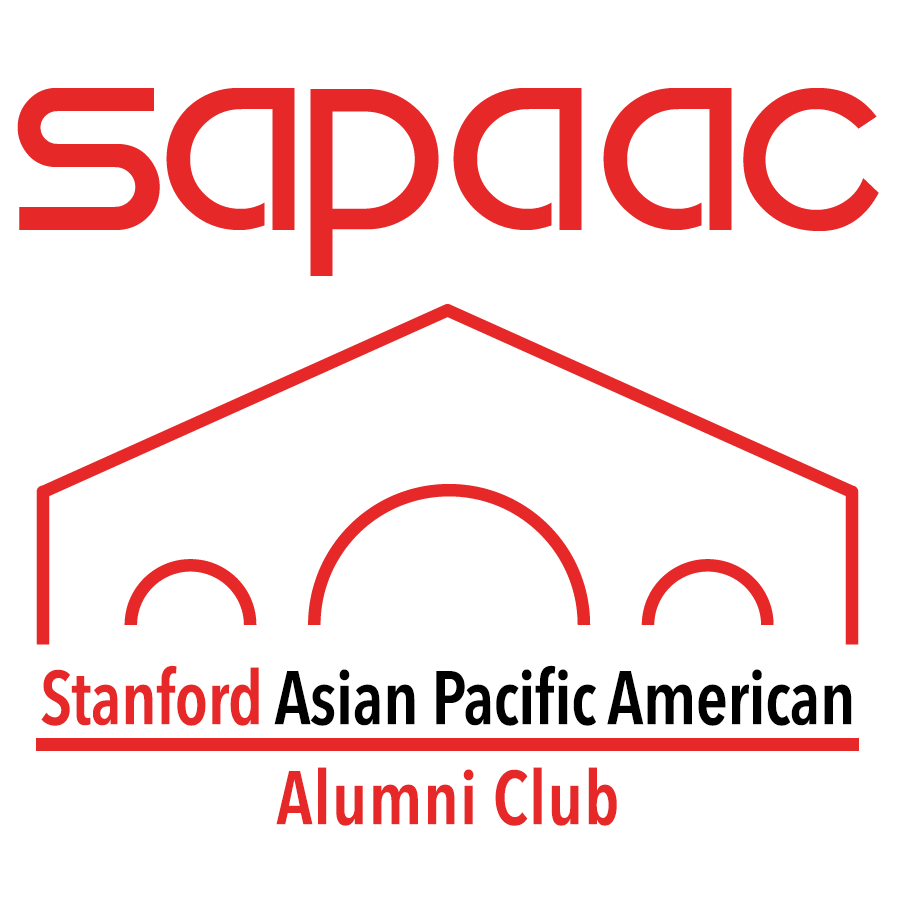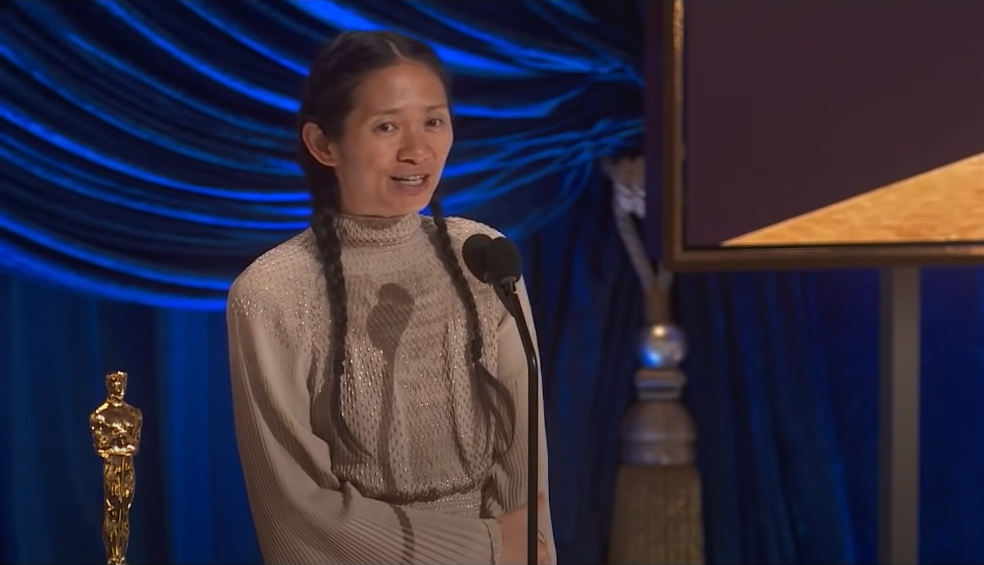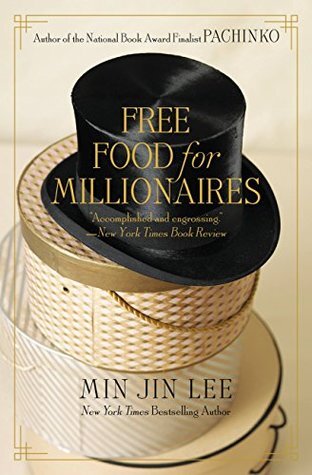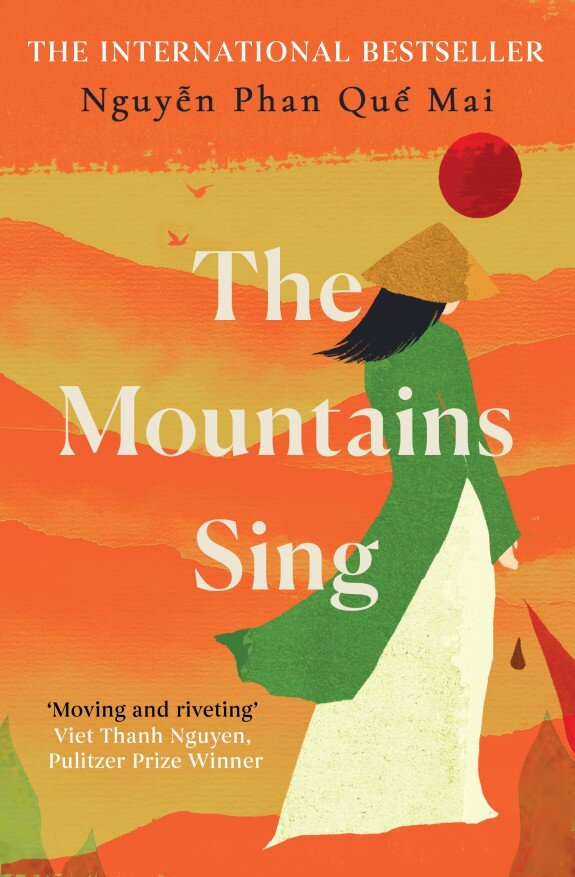Asian America, Native Hawaiian & Pacific Islander Heritage Month
The White House issued a proclamation calling upon the people of the United States to “recognize the history and achievements of Asian Americans, Native Hawaiians, and Pacific Islanders (AANHPIs) across our Nation” and declaring May 2021 AANHPI month. President Biden also selected Erika Moritsugu, vice president of the National Partnership for Women and Families, to serve as deputy assistant and senior liaison overseeing outreach to Asian American and Pacific Islander communities.
Supporting Asian American Studies at Stanford
The newly-renamed SAPAAC Asian American Studies Coalition (AASC) aims to foster a community of alumni, students, and faculty who share a common passion to build awareness on the importance of Asian American Studies. The meteoric rise in racially-motivated incidents this past year underscores the need for Asian American Studies—a field of study that makes visible our community’s contributions and concerns. Asian American Studies affirms that we are an integral part of America’s narrative. Show your support by taking one or more of the actions below:
1. Sign the AAPI Alumni Letter: Investing in Asian American Studies
AASC wrote an open letter to the Stanford University leadership strongly communicating the need to invest in Asian American Studies. We invite you to sign your name in support of this letter to make clear to the University that Asian American Studies is a priority for our community.
2. Provide a testimonial
Did you major or minor in Asian American Studies (AAS) at Stanford? Would you have liked to take an AAS class, or generally want to support AAS at Stanford? We are gathering testimonials from alumni through a 10 min survey on how AAS has impacted their lives in order to catalyze support for increased AAS funding, faculty hires, and course offerings. We are also creating an alumni database to assist with outreach and programing for A3C and AAS. If you would like to support, please fill out the following Google Form. Responses may be utilized on various platforms, which may include but are not limited to the SAPAAC and A3C websites. We also invite you to join our groups on Facebook and LinkedIn!
3. Volunteer
Interested in volunteering on the AASC? Contact asianamerican.workinggroup@gmail.com for more information.
A Growing Population, Political Engagement
Asian Americans had the highest growth rate among all racial and ethnic groups in the U.S. between 2000-2019, according to the Pew Research Center. Based on U.S. Census Bureau statistics, the Asian population grew 81% from “10.5 million to a record 18.9 million” and is projected to increase to 35.8 million by 2060.
To better understand this fast-changing electorate, the AAPI Victory Fund political action committee will create a new nonprofit group to develop “greater understanding of the complex and nuanced population that has long been excluded from conversations about issues such as racial justice, economic disparity and politics generally.” As part of this work, they will seek to “dispel the ‘model minority’ myth that persists around the Asian population that they are well educated and successful and thus don’t require the same attention as other marginalized groups.”
At Stanford, SAPAAC is advocating for better data disaggregation of different AAPI groups, instead of lumping everyone under “Asian” and then placing this category with “Whites” as “not underrepresented,” as happens with the IDEAL dashboard. All Asians are POC who are not fully served by mainstream institutions; and many sub-groups under AAPI are still underrepresented at Stanford, particularly Southeast Asian communities. (IDEAL counts Pacific Islanders as separate from Asians and underrepresented).
Anti-Asian Violence: Communities Responding
The Sikh community came together to commemorate “those killed in an April 15 mass shooting at an Indianapolis FedEx facility...that took eight lives, including four Sikhs.” Prof. Seema Sohi writes in the Washington Post how White supremacists have targeted Sikhs since they came to the U.S. in the late 1800s and early 1900s, but the community has maintained its resilience in the face of physical attacks and discrimination.
In a new Pew Research Center survey conducted in early April after the Atlanta shootings, 81% of Asian adults say violence against the group is rising. 45% have experienced at least one of five categories of incidents, including: (1) fearing someone might threaten or physically attack them (32%), (2) people acting as if they were uncomfortable around them (27%), (3) being subject to racial slurs or jokes (27%), (4) remarks that they should go back to their home country (16%), (5) remarks that they are to blame for the coronavirus outbreak (14%).
Unfortunately, Cornell University researchers found that among non-Asians, awareness of the increase in anti-Asian bias actually dipped last year, falling from June to October 2020, before increasing in March 2021 after the shootings. They link this not to deep-seated beliefs, but the prominence or lack of media discussion of anti-Asian bias.
Many Asian American business leaders have pledged to support Asian American organizations to combat anti-Asian discrimination and violence, launching a $250 million effort to fight hate.
Volunteer groups such as Compassion in Oakland and Japantown Prepared! in San Jose are seeking to accompany elderly Asians and ensure their safety in public spaces.
Cathy Park Hong appeared on a New York Times podcast speaking about anti-Asian racism. A SAPAAC book club with Prof. Christine Min Wotipka '99, PhD '01 and Angela Zhang ‘18 last year read Hong’s book Minor Feelings: An Asian American Reckoning.
Asian Media Representation
The film Nomadland, written and directed by Chinese-born American Chloe Zhao, won Best Picture at the 93rd Academy Awards. Zhao also became the first Asian woman, first woman of color and second woman ever, to win the Oscar of Best Director. Her next film will be The Eternals, set in the Marvel Cinematic Universe. Zhao was born in Beijing, and the Chinese government initially called her “the pride of China” after her Golden Globes win, but has since quashed mention of her triumph at the Oscars, because she previously critiqued the country as “a place where there are lies everywhere.”
Yuh-Jung Youn (see an in-depth feature here) became the first Korean to win an acting award at the Oscars, as well as the first Asian to win Best Supporting Actress since Miyoshi Umeki in 1957. Youn thanked the Minari cast and crew, including writer-director Lee Isaac Chung, in her acceptance speech, where she teasingly educated the audience about how to pronounce her name. Because Brad Pitt had presented the award, a reporter later inappropriately asked as a first interview question, “What did he smell like?” Youn dryly replied, “I didn’t smell him, I’m not a dog,” stunning the journalist.
In the aftermath of the Atlanta shooting, where six victims were Asian women, columnists continue to critique “racist and sexist portrayals” of Asian females as “sexually submissive...lotus blossoms” or “meek” individuals that can be “sexually objectified.” Writing in Variety, Professor Grace Kao and actor Peter Shinkoda suggest that the attacks reflect “historical and contemporary social forces shaped jointly by race and gender.” They consider images of “ultra-feminine” Asian American women and Asian American men “stripped of their masculinity” as troubling and potentially dangerous stereotypes “reinforced by Hollywood and other mass media.”
COVID-19: Connecting Across Oceans
The Atlantic featured a story about Indian Americans, who are deeply concerned about the toll of COVID-19 on India while they remain secure in the United States. They share about “oscillating between waves of emotions—anger, helplessness, and guilt” while searching for ways to help. Indian Americans in the technology sector and Congress have been mobilizing to “match Indian hospitals and other facilities with supplies of oxygen and other urgently needed medical equipment” and to donate money for aid. Separately, the U.S. Chamber of Commerce has also been collecting aid for India.
Rep. Ro Khanna of California has called for the U.S. to provide more assistance to India. Rep. Pramila Jayapal of Washington state said, “India needs our help—and it is our moral responsibility to rise to the challenge at the local, Federal, and international level.” She recently shared that she traveled to India because her parents were hospitalized due to COVID-19.
The state of Hawaii had strict controls on travelers during much of the pandemic, but is starting to lift restrictions to potentially allow negative test results from COVID-19 tests, in lieu of quarantine. The policy will first apply to inter-island travel before opening up to the rest of the continental United States and eventually international visitors. While the tourist economy will benefit, locals are concerned that an influx of “mainlanders” could overwhelm the islands’ health infrastructure. There are already reports that tourists are “crowding popular beaches without wearing masks or paying much attention to social distancing.” The New York Times reports that “the tension is especially prevalent among Native Hawaiians and Pacific Islanders, who face greater risk for Covid-19 and higher rates of chronic disease than average,” pointing to important equity dimensions in the public health debate.
Biodiversity as Part of Heritage
Governor David Ige, Governor of the State of Hawai’i, once more proclaimed April 2021 “Native Hawaiian Plant Month.” For the first time last year, April was designated Native Hawaiian Plant Month to recognize “the importance and urgency of supporting the work being done to protect and cultivate the endangered and threatened species of native plants in the Hawaiian Islands.” Nearly 90% of Hawai’i’s native plants are endemic (found only in the Hawaiian Islands), and 200 of these plant species have only 50 or fewer remaining in the wild.”
Recommended Books for AAPI Heritage Month [Added May 17]
NPR has a reading list for “engaging with Asian American and Pacific Islander Heritage Month” featuring Asian, Asian American and Pacific Islander writers and works of fiction, poetry, graphic novels and nonfiction.
E-mail khsu@alumni.stanford.edu with ideas for Advocacy & Education updates.






